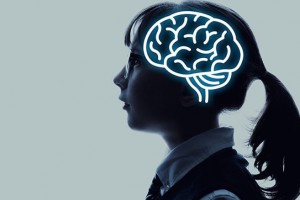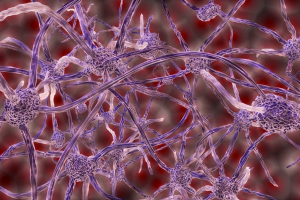Eye-tracking training improves the learning and memory of children with learning difficulty
Children who experience difficulty in learning at mainstream schools usually are provided with remediation classes after school to facilitate their learning. The present study aims to evaluate an innovative eye-tracking training as possible alternative remediation.
Our previous findings showed that children who received eye-tracking training demonstrated improved attention and inhibitory control, and the present randomized controlled study aims to evaluate if eye-tracking training can also enhance the learning and memory of children. Fifty-three primary school students with learning difficulty (including autism spectrum disorder, attention-deficit/hyperactivity disorder, specific learning disorder, specific language impairment and borderline intellectual functioning) were recruited and randomly assigned to either the Eye-tracking Training group or the after-school remediation class. They were assessed on their learning and memory using the Hong Kong List Learning Test before and after 8-month training. Twenty weekly parallel sessions of training, 50 min per session, were provided to each group. Children who received the eye-tracking training, not those in the control group, showed a significant improvement in memory as measured by the delayed recall. In addition, the Eye-Tracking Training group showed significantly faster learning than the control group. Also, the two groups showed a significant improvement in their reading abilities. In sum, eye-tracking training may be effective training for enhancing the learning and memory of children with learning difficulties.




Related Posts